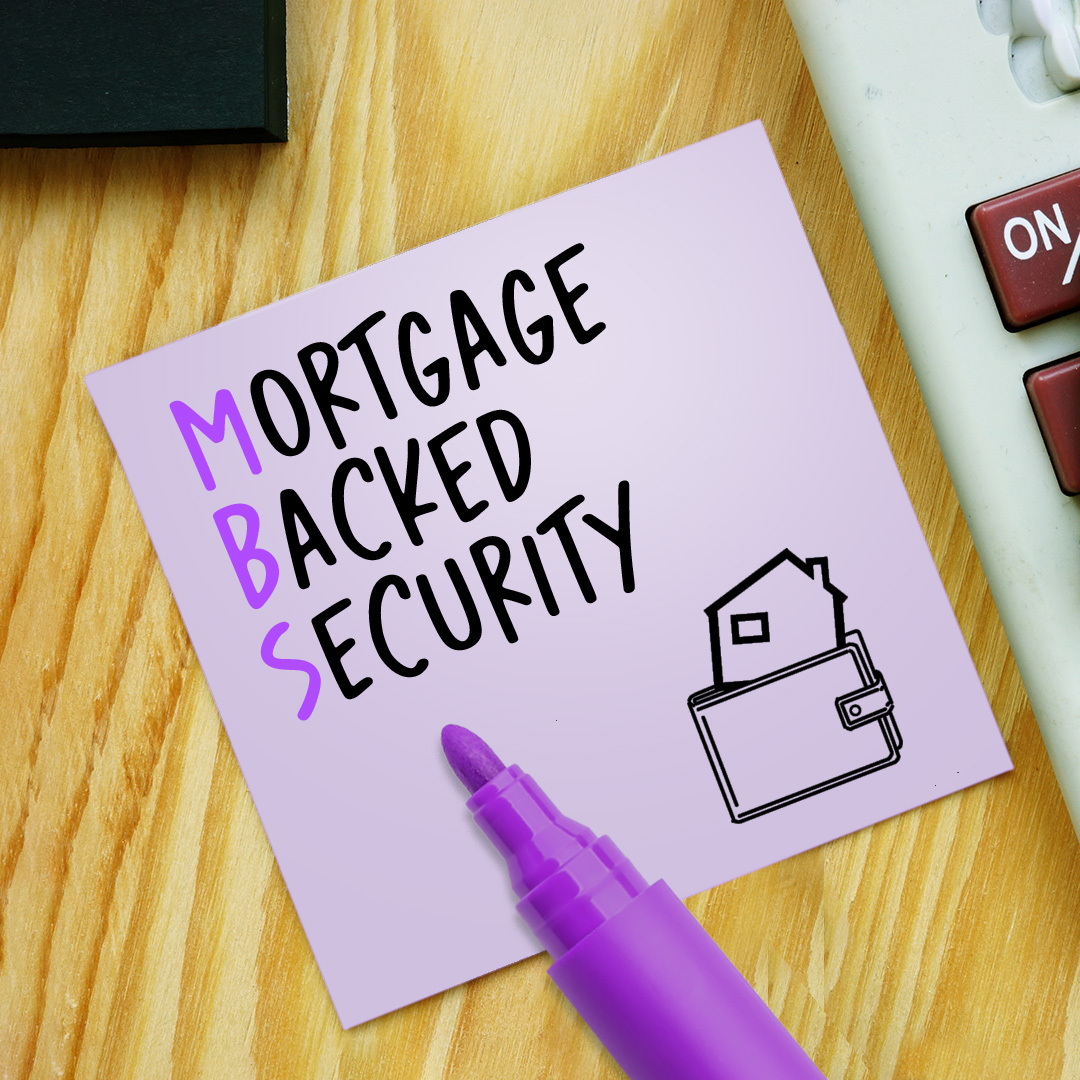“Before anything else, preparation is the key to success.” — Alexander Graham Bell
Ring ring, who dis? New home, new life!
If you have homeownership on your wish list, you’re most likely going to need to come up with a down payment. The sooner you start saving and planning, the better your chances of homeownership. The amount you choose to put forth for a down payment will have a huge impact on what you can afford and the financial flexibility you’ll grant yourself each month when your future mortgage payment comes due.
The decision isn’t a simple black and white one, so we have some dos and don’ts that will help guide you. After that, your local Mortgage Loan Officer can help with the rest.
But first …
What’s a down payment?
A down payment is an amount of money that you’ll often pay when committing to a large transaction, like a home, before financing the remainder. Understanding how a down payment works gives you the power to choose the right amount for your budget and how that amount could affect your regular payments down the road.
Why does the amount matter?
The down payment amount will affect your loan approval and the costs you pay to borrow money for the life of your loan. For example, a higher down payment amount could lower your overall interest charges, reduce your monthly payment, and maybe even give you a better interest rate from the start. But you may not want to throw all your cash toward it, because you may need these funds for other priorities, like opening a business or paying for college. That’s why understanding your unique financial situation and discussing it with your loan officer will put you in the best spot possible, as you get to set the priorities for your own money.
The Dos …
DO: Start saving as early as possible
The more money you have to work with, the more options you have — it’s as simple as that. Depending on your timeline, you may choose to invest a certain amount, separate from retirement, that you’ll use for a down payment when you’re ready.
DO: Have down payment funds in one account
When you’re getting approved for a home loan, a mortgage underwriter will have to know where your down payment funds are coming from, backdating at least 60 days. Closing delays can happen if tracing funds becomes a hefty task, so having your money in one bank account can ease the burden on underwriters and yourself when it comes to submitting funds for verification.
DO: Document gift funds, if you have them
If you’ve been the recipient of “gift funds,” or financial contributions to your down payment from immediate family members, you’ll absolutely want to document these with a “gift letter.” If you search the web for “mortgage gift letter,” you’ll find plenty of examples (your mortgage Loan Officer will be able to provide one as well!). This letter is often a one-page document that’s straightforward but will attest that the money you’ve received is truly a gift and not a loan.
DO: Talk with your local Homespire Mortgage Loan Officer
They’ll have the answers to all the questions that pertain to your unique situation and can offer even more insight that will benefit you. Your loan officer will also help you determine if you’re eligible for first-time homebuyer down payment assistance options available on the national, state and local levels.
The Don’ts …
DON’T: Apply for new credit
Leave your credit as-is, and simply improve on what you already have going on. This means
don’t apply for new lines of credit (new credit cards), max out your credit cards, consolidate your debt, or take other actions that will affect your credit score. Why? When you open new lines of credit, it’s typical that you’ll have a temporary drop in your score, changing it. And if your score drops enough to move you from good credit to fair credit, for example, you may no longer qualify for your mortgage loan, or be required to make a larger down payment to make up the difference.
DON’T: Bump up your down payment at the last moment
Similar to keeping your down payment funds in one account, to be traced back 60 days, you’ll want to commit to your original down payment amount. It will help your mortgage loan underwriter verify and document your funds, so your closing isn’t delayed.
DON’T: Make large deposits that are unexplainable
You need to have a paper trail for all your funds. If loads of cash end up in your bank account, and you can’t explain where they came from, an underwriter may not be able to approve you for a mortgage loan. Make sure that all your funds can be clearly sourced.
DON’T: Cash out your emergency fund
Unforeseen financial situations are going to happen, and your emergency fund is there to help see you through. Job loss, illness, or other costly life events can happen to any of us. If you have a healthy emergency fund, you have six months-worth of money to pay for groceries, rent, utilities, insurance premiums and other bills. Avoid any temptation you may have to use your entire emergency fund for a home down payment, so you have something to fall back on.
DON’T: Think it takes 20 percent down to get into a new home
Saving up to put 20 percent down on your home could take years, and for some, decades. It could be in your best interest to put less down now and pay primary mortgage insurance (PMI) until you have enough equity built up to drop it from your monthly mortgage payment. A smaller down payment often means more money in your pocket for other home expenses and renovations, or just cash reserves on-hand to give you more wiggle room.
The bottom line
There’s a lot to consider when you’re thinking of making a down payment on a home. The amount you choose to use for a down payment is a personal decision because there are so many unique factors to consider. The first step, though, is to decide on a number. Once that is established, you can start saving and make your goal a reality.
It’s in your best interest to keep your emergency fund going, to not pull from retirement investments, or create investment accounts established solely for a down payment. Keep your credit score up and start saving as early as possible.
When you’re ready to make a home purchase that requires a down payment, your Homespire Mortgage Loan Officer can help.
This is not an offer for a loan or any type of extension. Eligibility for a loan or extension of credit from Homespire Mortgage Corporation is subject to completion of a loan application, credit, income, and employment qualification, and meeting established underwriting criteria. Rates are subject to change without notice based on market conditions. See Loan Consultant for information on program income limits, buyer contribution, area median income, debt requirements, and other application details.



